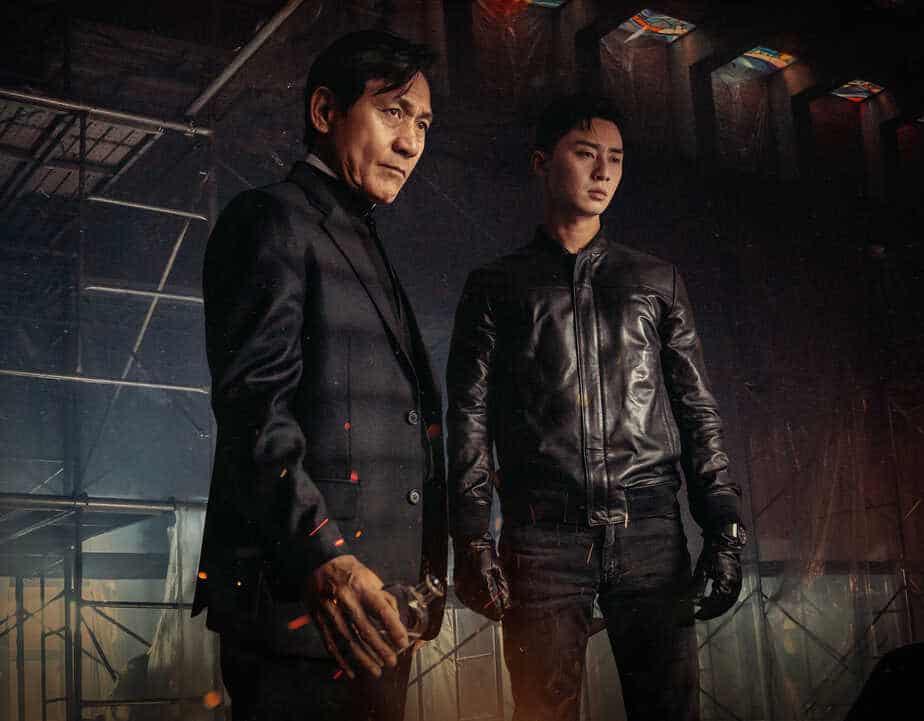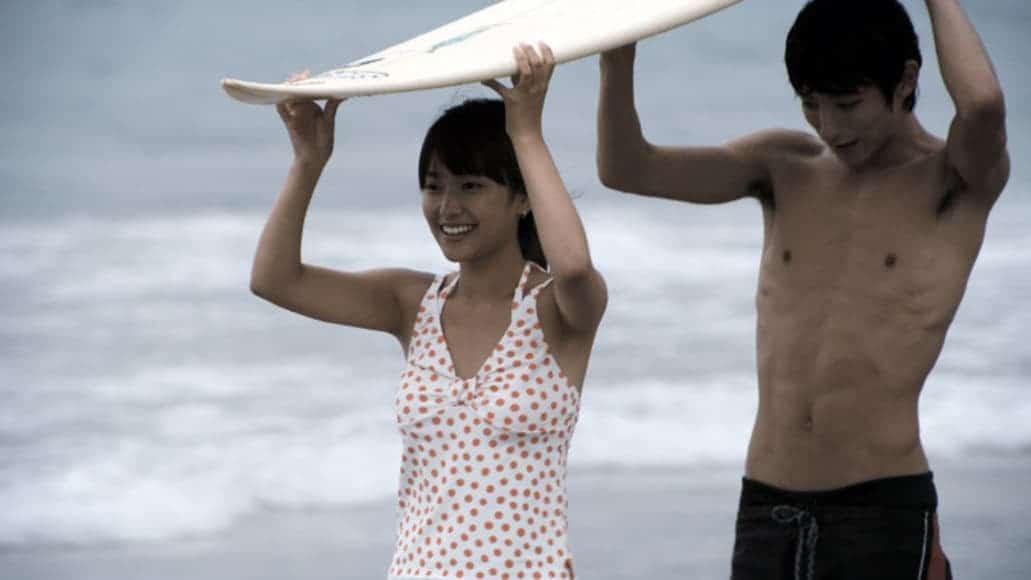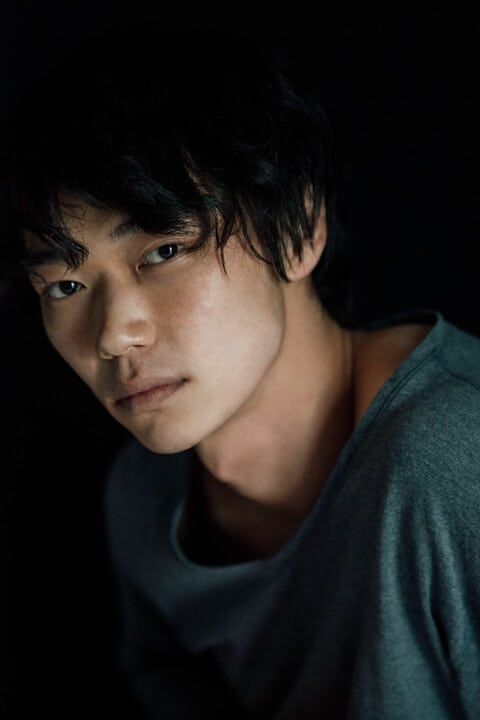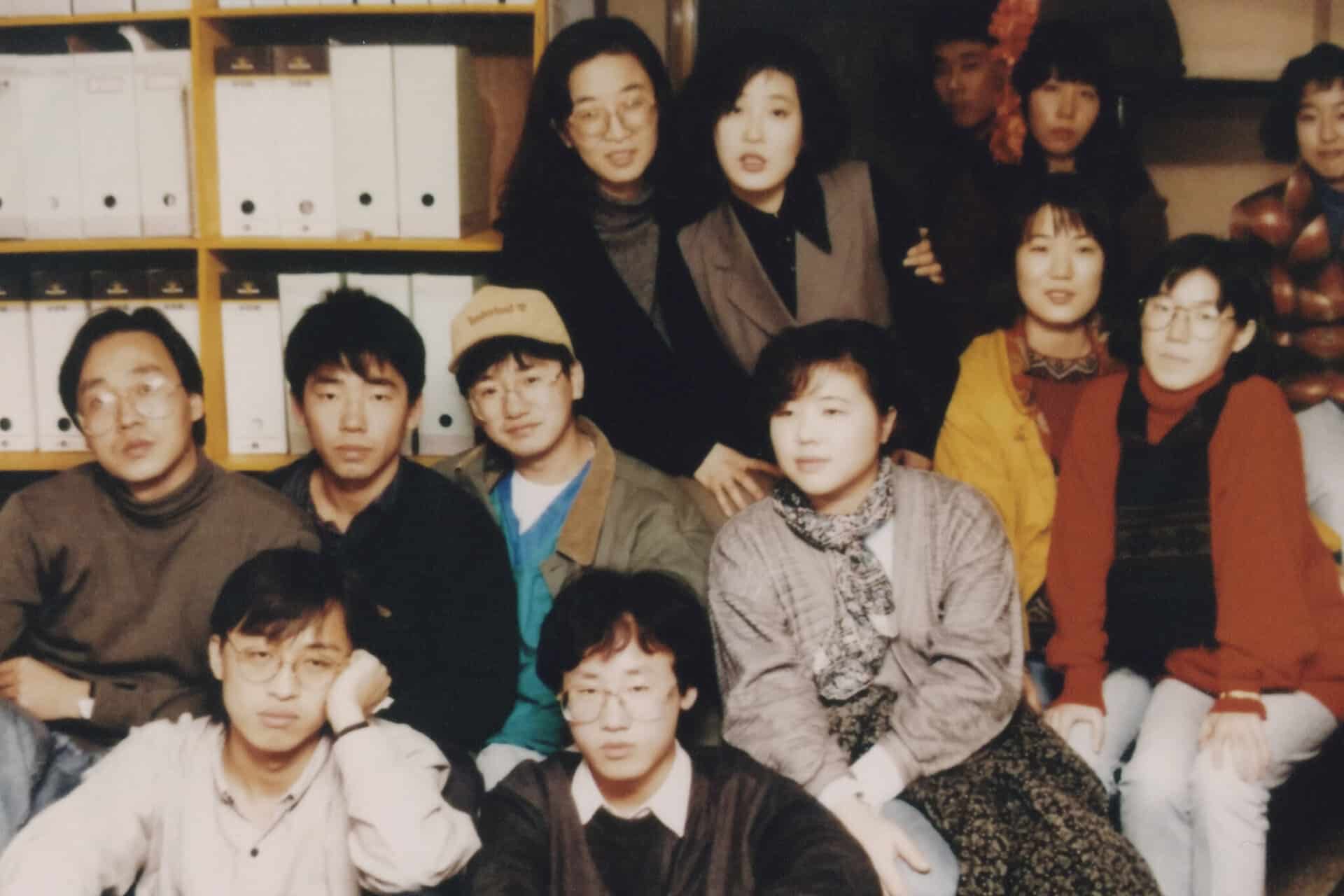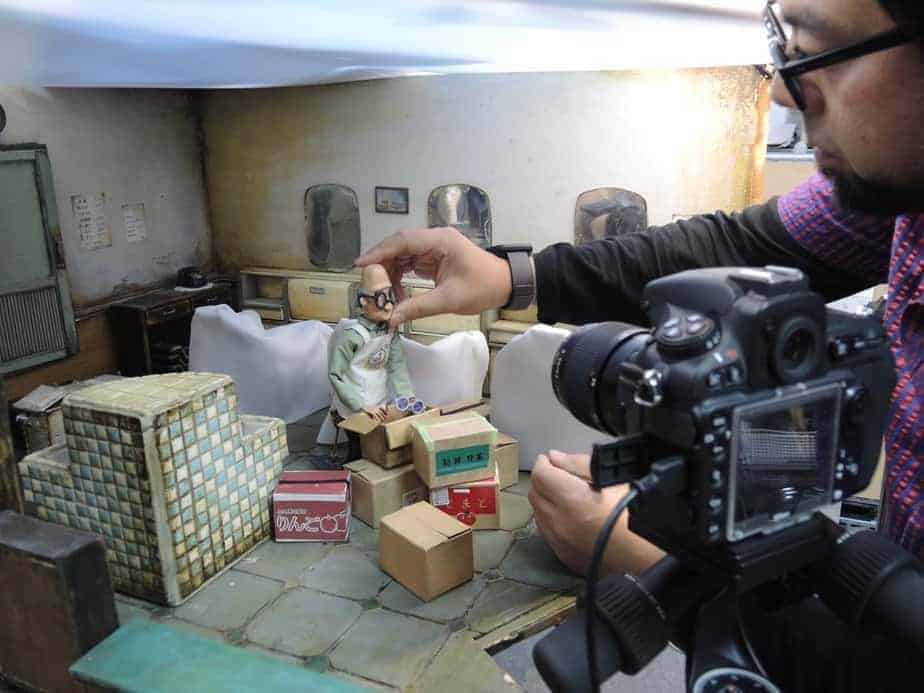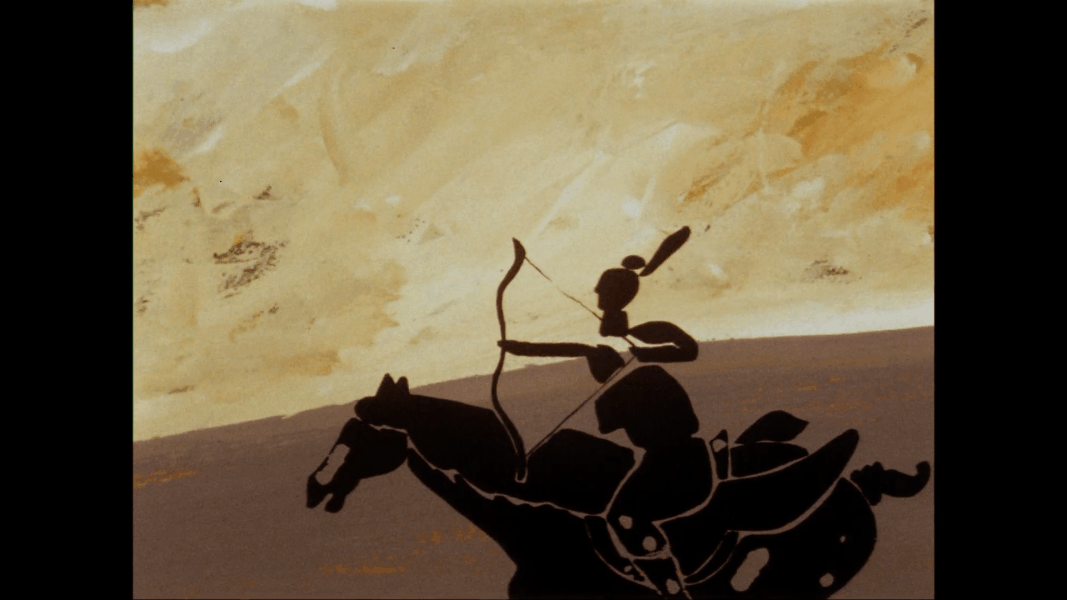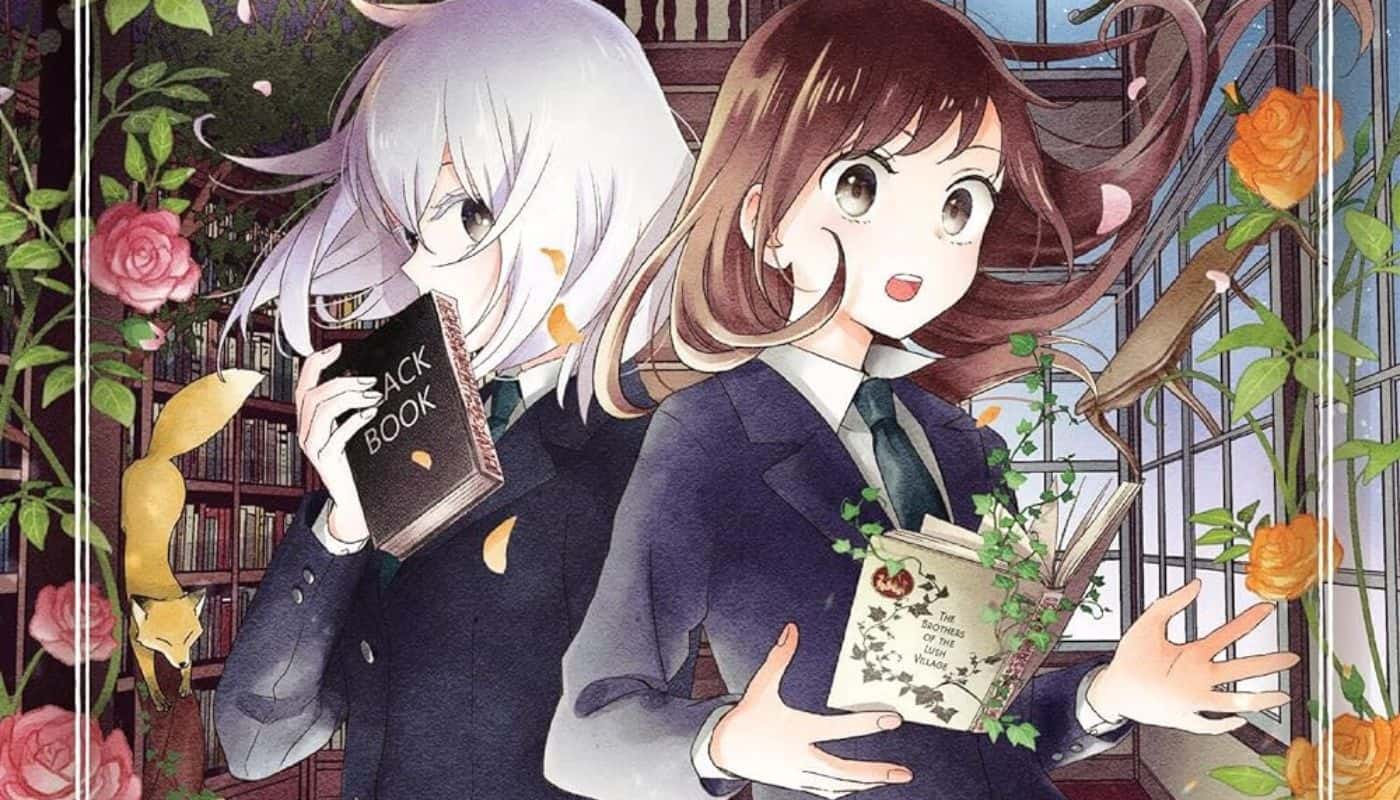Following the immense success of “Midnight Runners”, which went on to become the 6th highest grossing film of 2017 in South Korea, big things were expected from its director Kim Joo-hwan's follow-up film. Talks of a sequel to the hit buddy-cop action comedy were rife, but the news that he would instead be shifting gears to make a horror film with Park Seo-joon, one of his two leads from “Midnight Runners”, surprised many. Two years down the line, we have “The Divine Fury” from Kim, which has been chosen as the Closing Film for the 2019 edition of the Fantasia International Film Festival.
“The Divine Fury” is screening at Fantasia International Film Festival

Yong-hoo was raised by a single father to be a God-fearing devout Christian boy, who believed that prayers could solve any problem and cure any illness. But when his policeman father dies despite his sincere prayers, he gets disillusioned by religion and grows up blaming God for his father's death. Now a handsome young man, Yong-hoo makes a living as a successful international MMA fighter, having left his faith behind him.
Religion, however, doesn't seem to be done with him and when a stigmata-like wound surfaces on his palm, he gets pulled into the world of churches, God, evil spirits and the Devil when he meets Father Ahn, a Vatican priest who practises as an exorcist. The two couldn't be more different than each other but join hands to save people from the clutches of the Dark Bishop, a Satan-worshipper moonlighting as a club owner, who has caused diabolical havoc across Seoul through the years and who Father Ahn has been after for a long time.

With the subject of exorcism, it is inevitable that comparisons with 2015's “The Priests”, billed as South Korean cinema's first exorcism film, would arise. While that film was interesting in parts but not fully convincing, “The Divine Fury” sadly falls the lesser film of the two. It does have some interesting ideas, particularly the age-old question it raises in the beginning about if God loves you so much, why would He let His most devout followers suffer such loss, but it never seems to take a stand on it and address it head on. Likewise, there are several scenes that do not seem to fit well into the narrative. The scene with the shaman is one such example. It could have been interesting to see the juxtaposition of the traditional shamanic rituals and beliefs with Catholic practices and Devil worshipping, but the film plays it safe and does not take it further, rendering its inclusion unnecessary.
Yong-hoo is a mixed martial artist but the story fails to capitalise on utilising those skills of his. What starts off promisingly with the first exorcism using his agility and fighting skills, the subsequent instances bring nothing new to what the audience is used to seeing from films of the genre, his abilities forgotten until the film's climax. Credit where it's due though, the exorcism scenes are very well done and equally frightening and exciting. The one in the basement with the little boy and the nuns is particularly well done. The connecting tissue between such scenes, however, is rather weak and does not manage to stop the film from falling apart. An attempt to connect Yong-hoo's past with the demons he's facing today falls laughably flat.

The film is technically strong, with Jo Sang-yun's cinematography one of the film's few saving graces. Combined with the special effects by Jeon Gun-ik, it creates a dark and scary, yet oddly appealing, vision of Seoul. The sound design and background music also score brownie points. If only the editing had been much crisper; losing some of the deadweight scenes could have massively helped the film's runtime and kept the narrative engaging.
One of the key reasons “Midnight Runners” succeeded was the chemistry between its two leads Kang Ha-neul and Park Seo-joon, who played off each other delightfully. And though Park Seo-joon and veteran actor Ahn Sung-ki are rather good in their respective roles of Yong-hoo and Father Ahn, that chemistry is sorely lacking between the two. Save for the one instance in Yong-hoo's apartment, they do not get much of a chance to bond and share a convincing camaraderie. Woo Do-hwan as Ji-sin, the Dark Bishop, doesn't get a lot more to do apart from standing in the dark wearing a hood, wording indiscernible chants and growling menacingly, which is a shame because he is an actor with a good range. After Park Seo-joon made a guest appearance in the Choi Woo-sik starring “Parasite” earlier this year, the latter returns the favour by cameoing here.

Riding on a lot of expectations, not least for Park Seo-joon fans, “The Divine Fury” does not manage to live up to them and ends up disappointing majorly. What could have been genuinely different take on the exorcism sub-genre ends up being a very average fare that fails to separate itself from a torrent of similar films.


